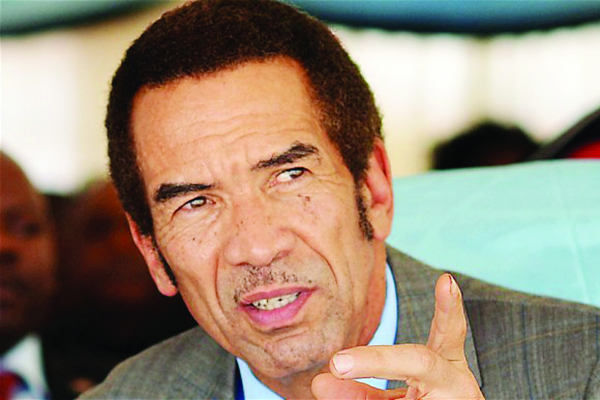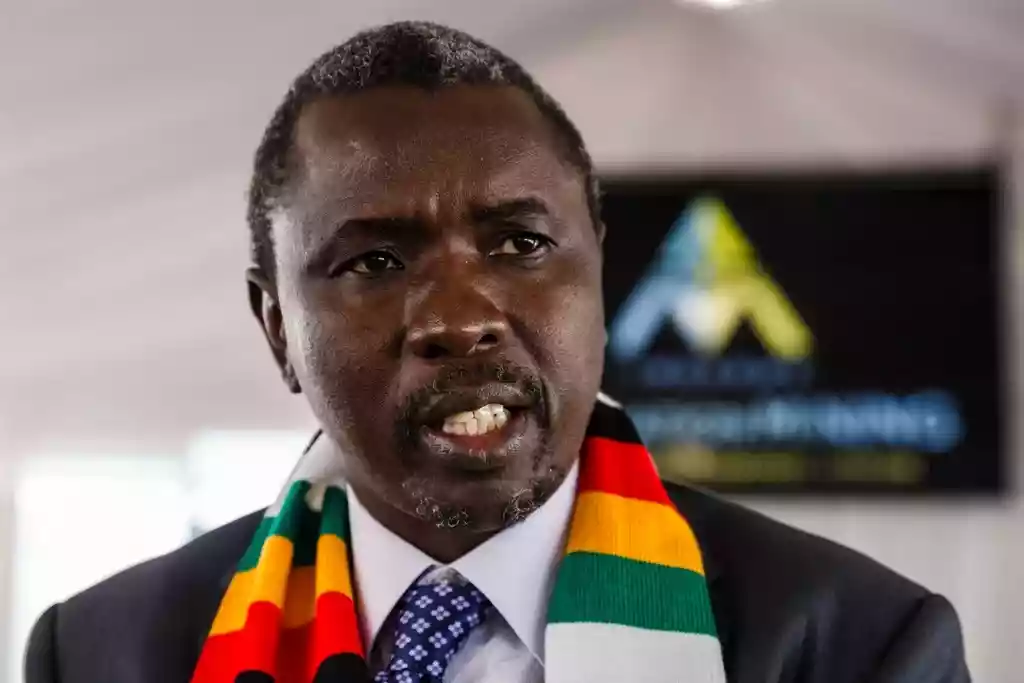
FORMER Botswana President, Ian Khama says no Cabinet minister, permanent secretary or even the head of State in his country is allowed to make decisions on procurement, a key lesson that Zimbabwe could adopt in a bid to fight corruption.
BY MTHANDAZO NYONI
Giving a presentation on the topic: “How Botswana Leveraged Diamonds for Economic Development: Lesson for Zimbabwe” during the Confederation of Zimbabwe Industries (CZI) annual congress in Bulawayo yesterday, Khama said corruption hindered economic development.
“We have reinforced this through independent entities. We have also got an independent public procurement entity. In our country, no member of the Cabinet even the President make decisions on procurement. No permanent secretary can make a decision on procurement. Those decisions are made by an independent entity,” he said.
According to the Transparency International (TI) Corruption Perceptions Index, Botswana is the least corrupt country in Africa, compared with neighbouring countries like Zimbabwe.
There are very few reports of crimes and bribery.
Zimbabwe was ranked 157 out of 185 on the World Corruption Index released recently by TI.
Botswana even has a whistle-blower hotline where one can call and report corruption. If someone is convicted of corruption, they are looking at time in prison and hefty fines.
- Chamisa under fire over US$120K donation
- Mavhunga puts DeMbare into Chibuku quarterfinals
- Pension funds bet on Cabora Bassa oilfields
- Councils defy govt fire tender directive
Keep Reading
The fight against corruption has contributed immensely to Botswana’s economic development, Khama said, adding that it was not proper for public office bearers to make decisions for political expediency.
“It is so easy in a democracy to throw money at issues that are populist that at the end of the day come back to haunt you because you run out of budget. It is very important to resist the urge to do so and eventually over time you will be rewarded for doing the right thing,” he said.
Khama said they have been accused sometimes of being overregulated and having too much bureaucracy when it comes to checks and balances.
On foreign direct investment, Khama said they do not entertain fly by night investors, targeting only those who add value to the economy and create employment for local people. “That’s very important,” he said.
Khama said it was not sustainable for any country to depend on one market, hence the need to diversify the markets.
“Do not just depend on one market, in one country for your exports, you must attempt to diversify the markets as much as possible,” he said.
The central bank of Botswana is independent and vibrant, Khama said.











